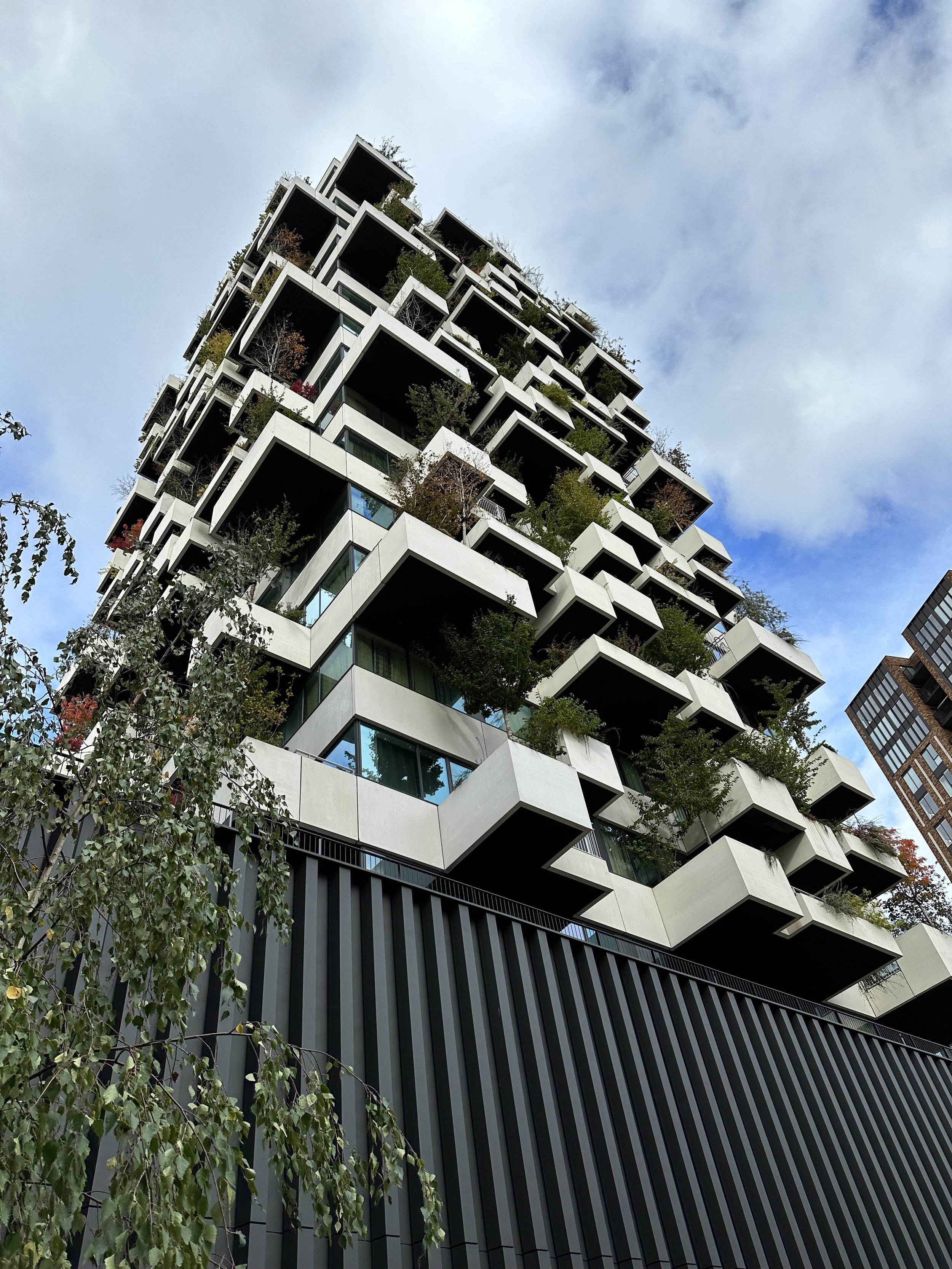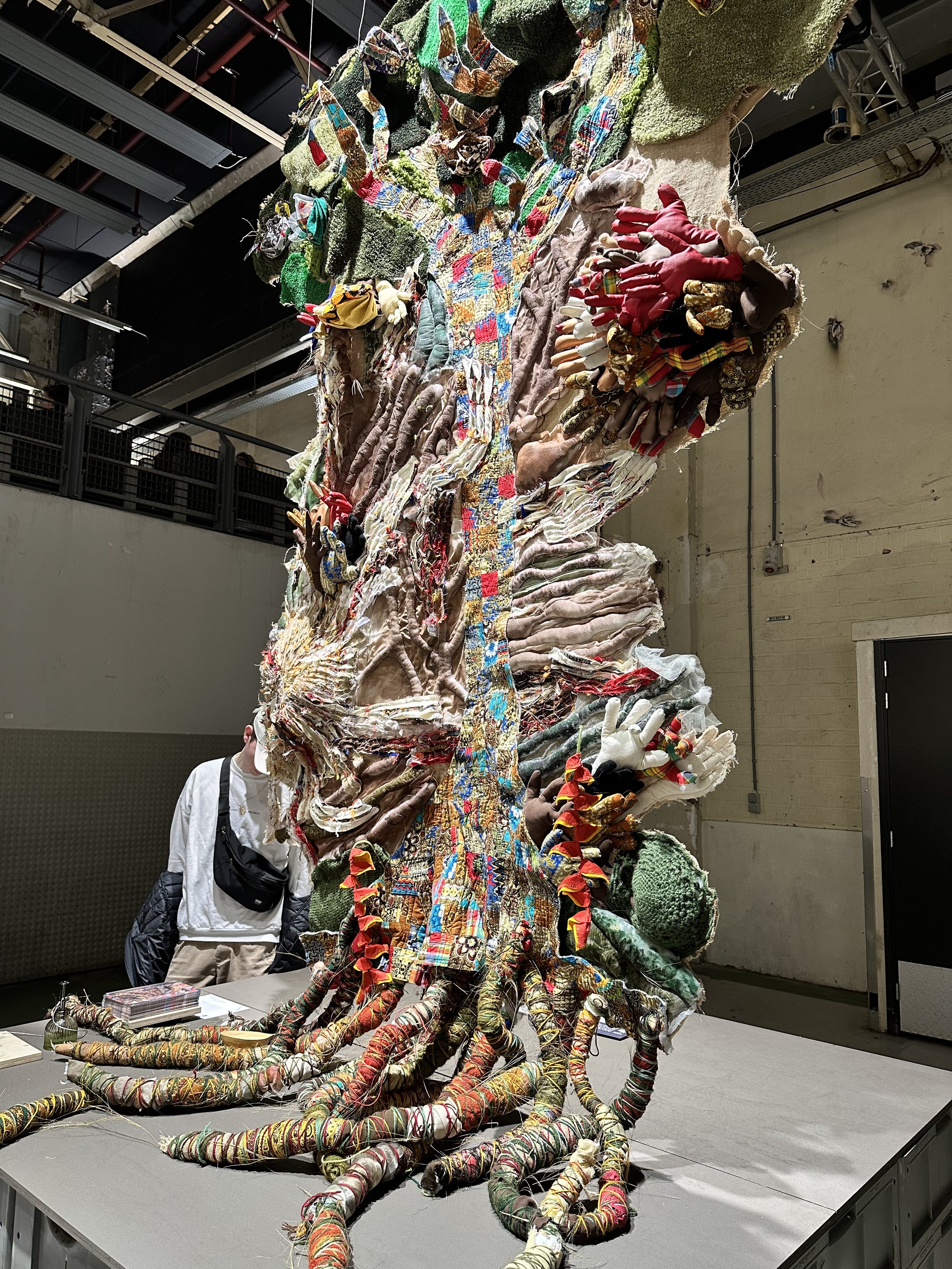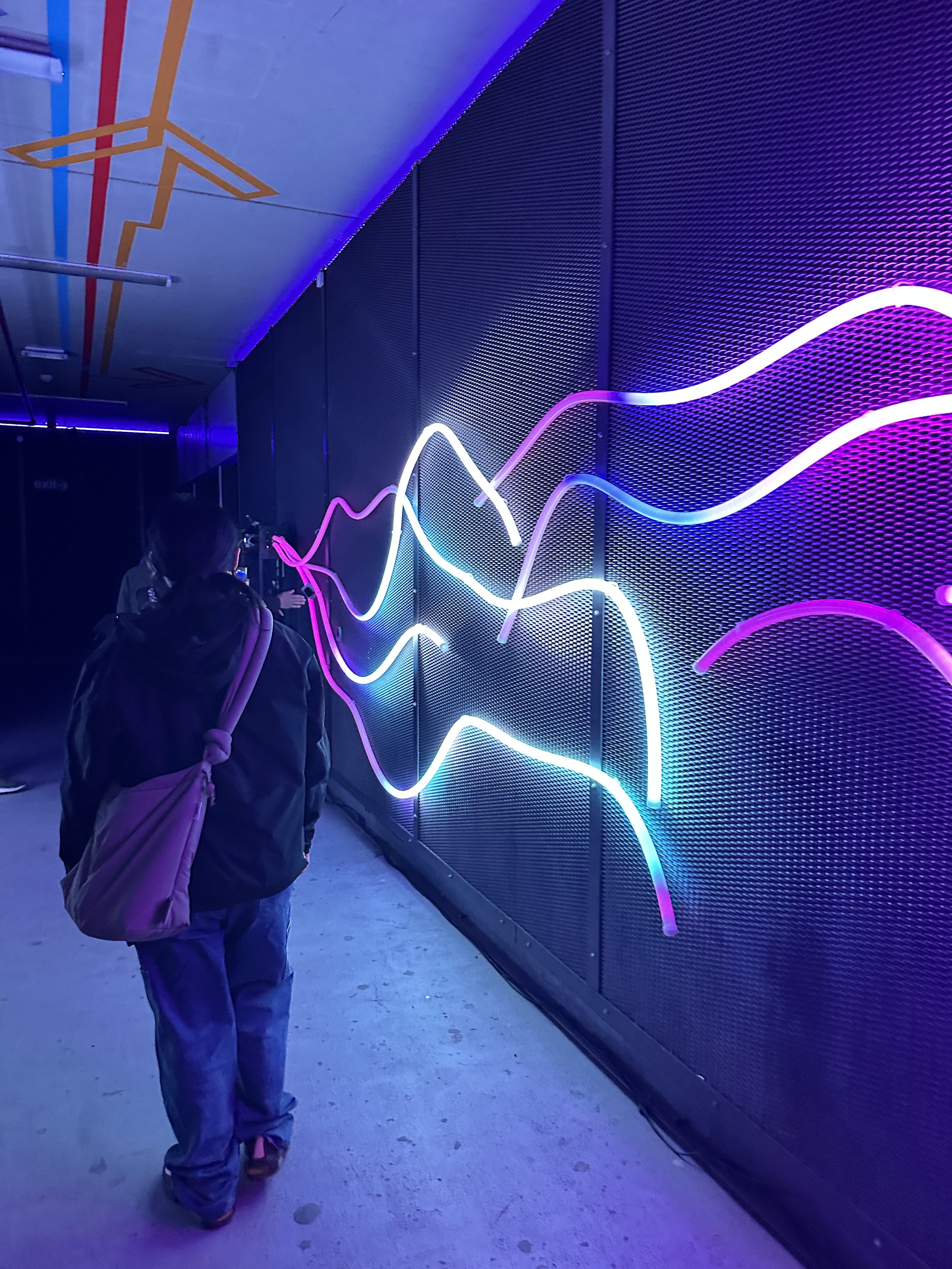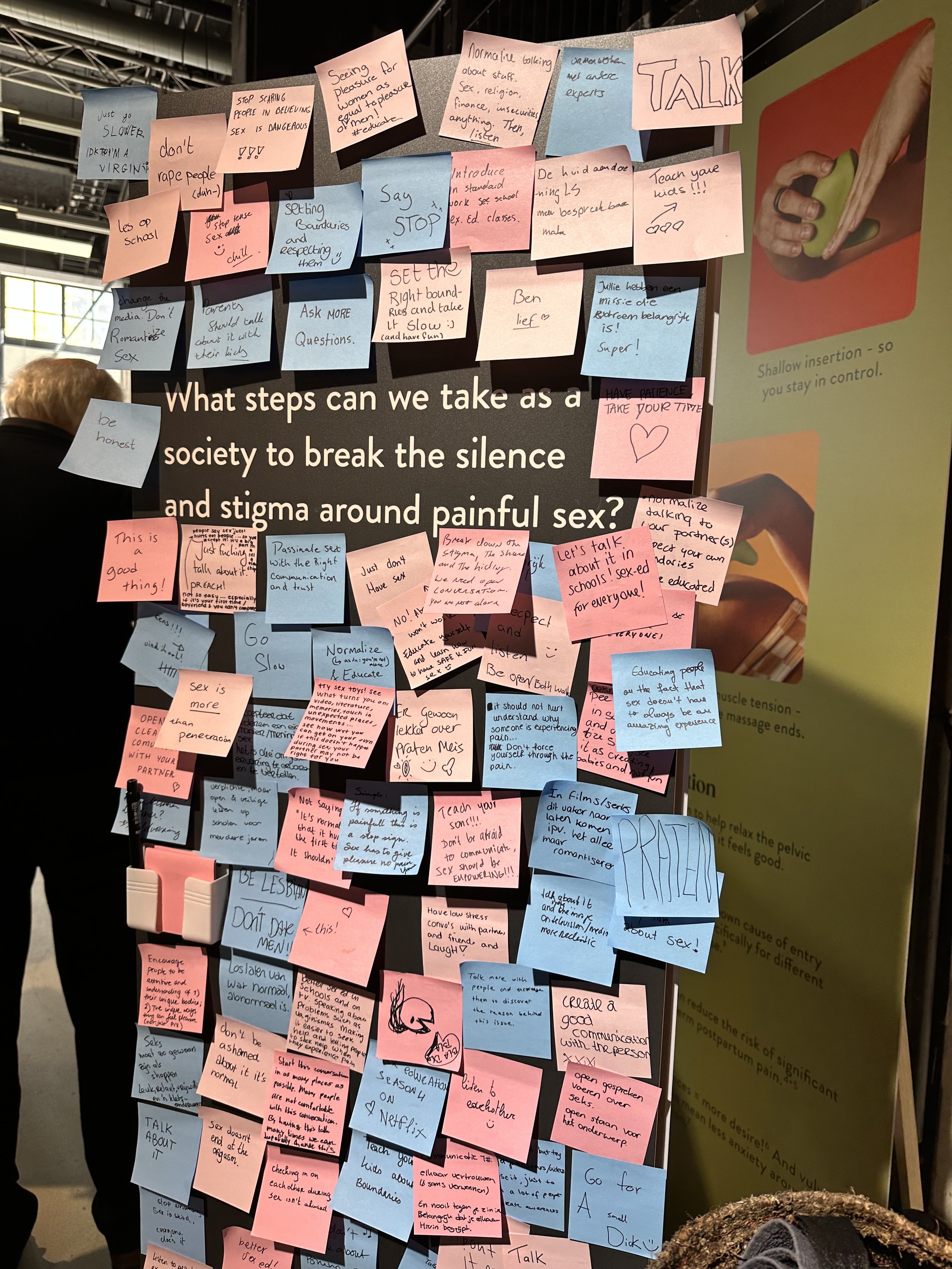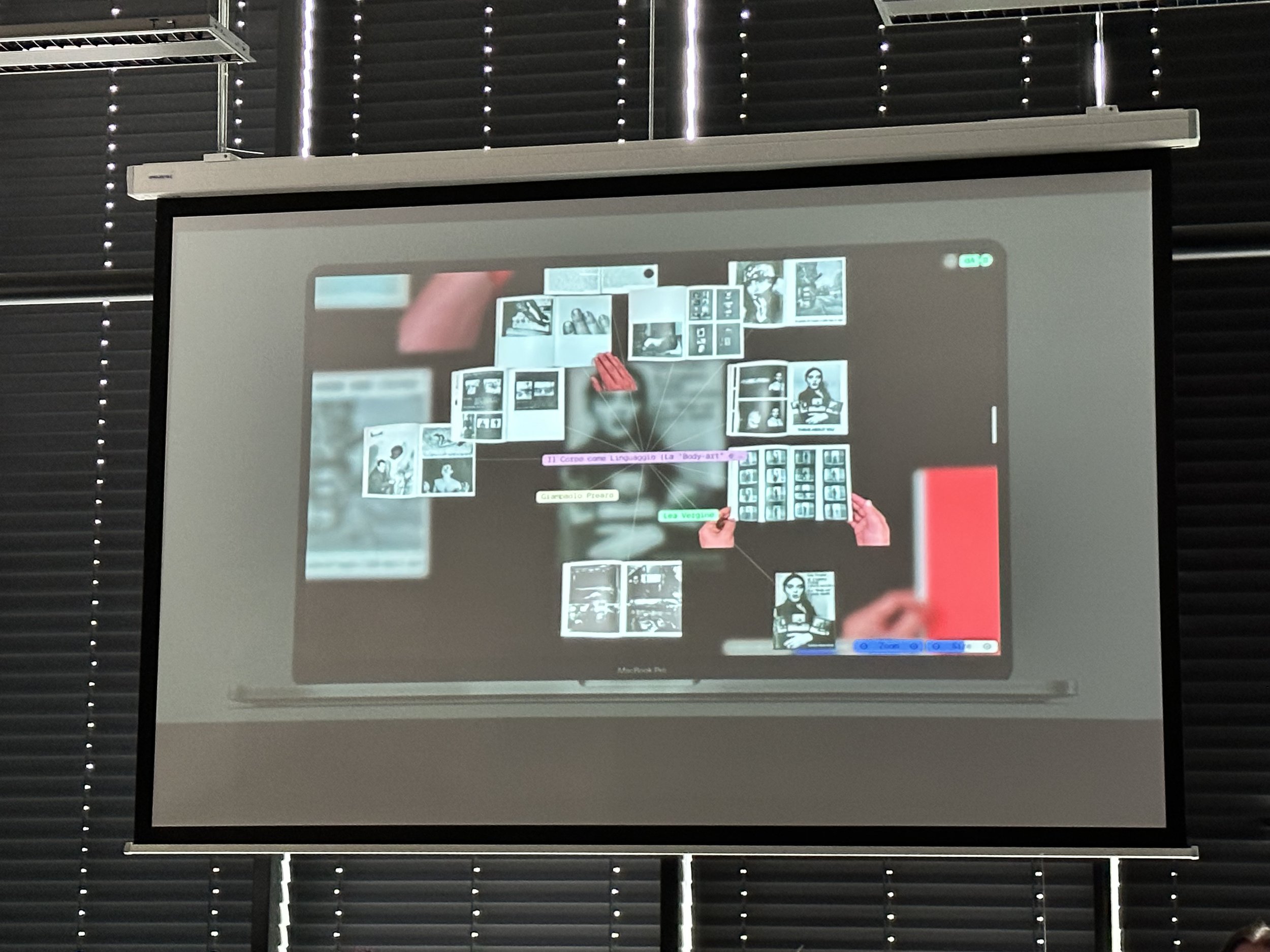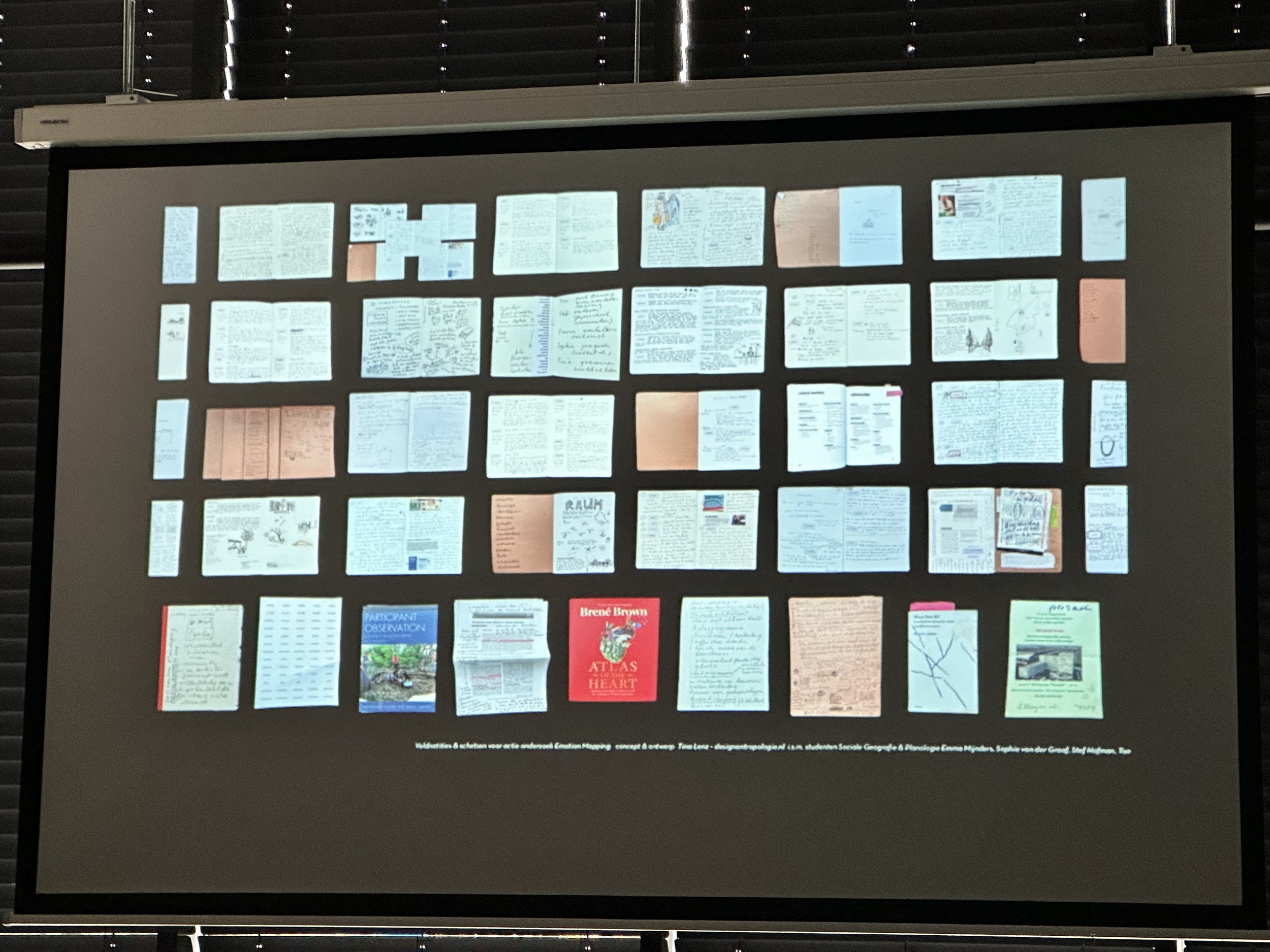Week 6: Weekly learning outcomes
Your research task this week is to consider how designers develop strategies and project plans to ensure that a creative initiative is kept on track.
What tools and processes are useful for guaranteeing the successful development of a project, particularly over an extended period of time?
Research - How to currently search in the Science Museum Archives - Space Collection, Categories
Not a space rocket but Stephensons Rocket
Hands, Face, Space - Not not outer Space!
Knowing that 56% of traffic coming into the Science Museum collection website is looking for a specific object , I tested the filter search to see how you would find a general subject like Space.
I immediately found a problem when you typed in ‘Space’ or ‘Rocket’ into the search bar. It filtered ALL the objects with ‘Space’ in.
So for instance the Lectern sign carrying the message Hands. Face. Space. from the Covid exhibition, which belongs in Public Health and Hygiene category.
Also, when I typed in (space) Rocket, Stephenson's Rocket came up from The National Railway Museum at Shildon.
I really wanted to concenrate on just the SPACE category, so this is when I started to realise that maybe a stand-alone website or app may be more appropriate to this brief with a hyperlink directly back to the object if they wanted to find out more information or to see if the item was on display.
Dutch Design Week - A full-on weekend of events, studio tours, talks, inspiration and Stroop waffles!
Freshly back from the first Falmouth Flexible, face-to-face trip from two days in Eindhoven and followed by two days in Amsterdam where we actually got to meet our fellow course students and see some inspirational designs from the Graduate Shows and the BioLab artworks and concepts. We had presentations from Elisabeth Klement from publisher San Serriffe and their events based around their graphic design and the Arts, Mariana Lanari and Remco van Bledel to speak about their project Archival Consciousness (very apt for brief two).
Tina Lenz from Design Anthropology to discuss her practice and her fascination with the way people shape their lives and how she documents it.
Day one - Eindhoven Dutch Design Week
The Graduation Show is an influential exhibition of over 200 art works by Bachelor and Master students to present their final projects to thousands of visitors in a curated environment. The show offers critiques on the current reality and engages with complex ideas about what design is and communicates the school’s agenda. It is a great opportunity for the graduates to engage with the public and display their designs to members of the public and engage with the work on display.
There was an incredible amount to take in, and I felt quite overwhelmed by the amount of content there was (and the fact I had been up since 3.00am and just got off a plane). The standard was very high.
Day two - Eindhoven DDW - The Dutch Design Awards 2023
This display of DDA awards the best Dutch design of the past year, divided into eight categories. In addition, the DDA Exhibition displays all winning and nominated designs. The designers of Dutch Design Awards show how the design field responds to societal challenges. The heart also participates strongly this year: projects appeal to emotion and not only encourage awareness, but also change.
These were the highlights of projects that I thought were outstanding and deserved a mention.
Stadium Seats a objects of Empowerment - Created by Iranian women all around the world from their headscarves.
Presented by LPM: Local Plastic Microfactory
This project saw collaborations with manufacturing partners, in researching and processing the material and how its circulation can positively impact society and the environment.
Crafted Liberation is an exhibition showing unity and empowerment among women of Iran. With headscarves donated by Iranian women globally, they transformed them into stadium seats composed of recycled headscarves, telling stories of their struggle against political and societal constraints.
This exhibition was made possible through collaboration with Australian manufacturing partners, Talon Technology and Defy Design. Nila Rezaei, an award-winning designer with a deep commitment to positive environmental impact.
I’M perfect by Co-Design Limited
This imperfect journey started from a tiny dot on a defective mug. In 2010 Eddy Yu and Hung Lam, founders of Co Design, were shocked that millions of products in a ceramic factory were discarded just because of small defects. They realised we lived in a culture obsessed with perfection - where everything is scrutinised for the slightest flaw. This realisation has created enormous pressure on the founders and they felt an immense urge to change the deeply entrenched idea that imperfection should not be tolerated.
Lam and Yu’s collaboration extends to various organisations, where they re-imagine projects and products, like distinctive mugs in partnership with Loveramics and innovative book redesigns with publishers. The spin-off of this project encourages users to embrace imperfections and advocate for positive social change through creative endeavours. After all, imperfections are what makes us unique.
Day three - Amsterdam lectures
Mariana Lanari (Artist) and Remco van Bladel (Graphic Designer) from Archival Consciousness
This talk was incredibly relevant to the current brief 2 by dynamic data visualisation, real-time mapping and publishing tools for libraries.
It was incredibly interesting their thought process and methods of how they collaborate with libraries and archives in cultural institutions to implement infrastructure, to turn their collections into data. This was a fascinating insight into how they approach linked-data aggregation to the application layer to facilitate discovery, browsing, and navigation through explorative features of graph algorithms.
It was an amazing insight into archiving and the thought process behind it and incredibly relevant to the Science Museum brief.
Designers are searching for transitions by making connections between past, present and future.
Anthropologists follow situations and social relations by observing people in their everyday activities.
The lecture concluded with methods used to implement methods and infrastructure to turn their collections into data
Conversations
Walking Talking
Participant Observations
Field notes
Historical timeline
(context) mapping
Artefacts analysis
Life Journey
Photo Voices
Cultural probes
Scenario
Fishbowl





